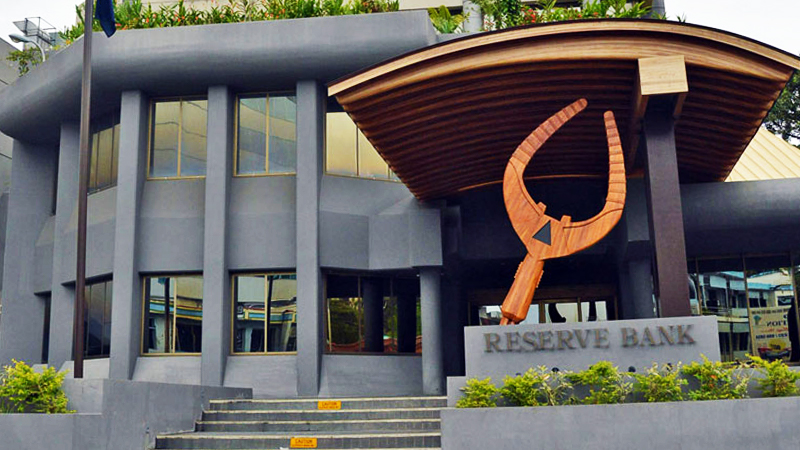
The Reserve Bank of Fiji has stated that the national economy is now expected to decline more sharply than the earlier estimate of -4.3% on account of the catastrophic impact of COVID-19.
In it’s latest quarterly report for 2020, the RBF says with travel restrictions and border closures imposed by Fiji’s major trading partner countries, the tourism industry along with the broader economy is expected to be severely affected.
The RBF says the economic contraction this year is in line with the anticipated recession in all major trading partner countries, except for China and India.
The Reserve Bank further says that the halt in tourism activity and its negative effects on other key sectors are expected to hinder growth during the year.
While efforts have been made to ensure supply chains are not affected, weak domestic demand and softening business confidence will be a drag on economic activity going forward.
Anaemic labour market conditions, reflected in reduced working hours and job losses, especially in tourism and related sectors, will also result in weak consumer spending in the short to medium term.
The stalling of large construction projects and slowdown in Government capital projects will also be a drag on construction, real estate and investment activities in 2020.
The Reserve Bank also confirms that tax revenue collections by Government are anticipated to fall significantly this year given the weak domestic and global economy.
To cushion the impact of a deep and prolonged recession, the RBF says it lowered its Overnight Policy Rate to 0.25 percent and recalibrated an existing lending facility to support businesses facing financing difficulties.
The Overnight Policy Rate is the interest rate at which a depository institution lends immediately available funds (balances within the central bank) to another depository institution overnight.
It also states that the Government announced fiscal stimulus initiatives by increasing funding to priority sectors and offering tax concessions to businesses.
The RBF says in light of these expansionary policies, the Fijian economy is expected to recover in 2021. However, the expected recovery is dependent on the resumption of global travel and trade, lifting of local restrictions and effectiveness of policy responses.
Stay tuned for the latest news on our radio stations


